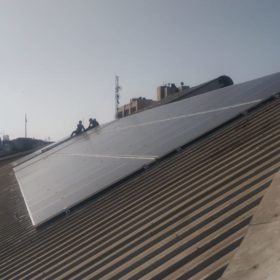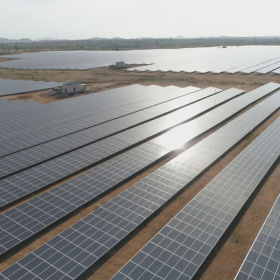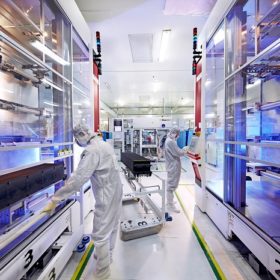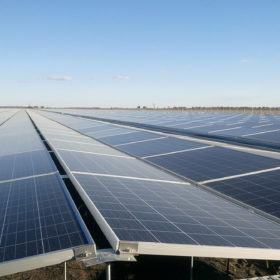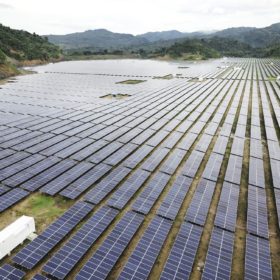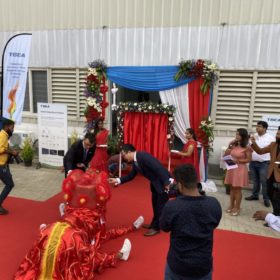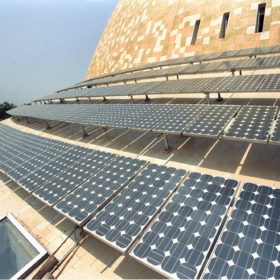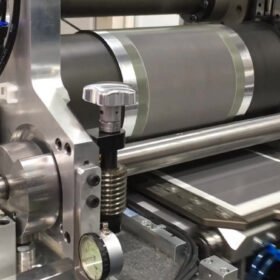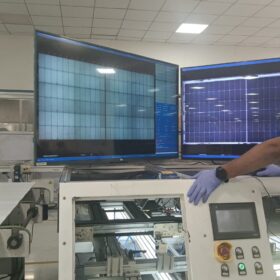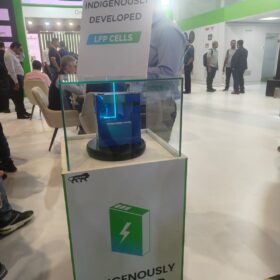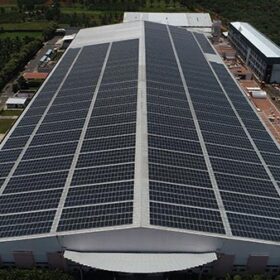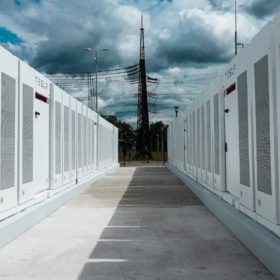Magenta Power bags rooftop solar project for Hindustan Aeronautics Limited
The electricity generated from the ‘Capex’ mode solar project shall be used to support the HAL office infrastructure. Commissioning period is three months.
MicroSun Solar resumes module manufacturing operations
The Bengaluru-based solar module manufacturer, which has a state-of-the-art facility with capacity of 150 MW per annum, had closed the operation of its units since March 24 after the government announced lockdown to contain Covid-19 spread.
BHEL tenders solar module supply for VTU, Karnataka
May 4 is the last date to submit bids for supplying 1130 quantities of 72-cell, 330Wp crystalline-silicon solar modules for Visvesvaraya Technological University. The modules are to be delivered within 45 days of the purchase order.
Gensol wins solar EPC projects worth Rs 45.86 crore in India
The EPC provider has won an aggregate 13.2 MWp solar capacity from State-owned Central Electronics Limited, in addition to projects from Gas Authority of India Limited, Bihar Renewable Energy Development Agency, Hindustan Petroleum Corporation Limited and Reserve Bank of India.
SECI invites global bids for 2.5 GW solar projects in Karnataka
The interstate transmission system (ISTS) connected projects—to be developed on build-own-operate basis in the Koppal Solar Park—shall be awarded through international competitive bidding followed by reverse auction. Bids can be submitted till May 29.
WoodMac predicts India’s renewables installation to fall by a fifth due to lockdown
Over 21.6% or 3 GW of solar and wind installations will get delayed due to supply and labour disruptions caused by the ongoing Covid-19 lockdown, according to the analysts which in a January report forecast the country to add over 15 GW of renewable capacity this year.
Belectric commissions 250 MW solar project in Karnataka
The utility-scale PV project, which Belectric built for Fortum Solar India across five sites, is the largest amount of solar capacity that the German EPC services provider has commissioned in the country thus far.
Rajasthan set to take the solar crown in 2020
Norwegian analyst Rystad Energy has predicted the stop on PV tenders in Karnataka will see Rajasthan become India’s leading solar state this year. The market research firm expects India to add only 10 GW new solar in 2020, however, and the same figure in 2021.
TBEA’s new 2 GW factory in India to produce string and central inverters
pv magazine recently attended the opening ceremony of TBEA’s GW-class new energy equipment manufacturing base in Bangalore–the city that also hosted the recent Intersolar India exhibition and conference in the same week as TBEA’s inauguration ceremony.
India and German development lender to launch rooftop solar scheme
Program aims to drive down the cost of solar electricity to a maximum of Rs2.50/kWh in a nation where tariffs vary wildly from state to state.
